Country Life Today: Nature reclaims an abandoned coal mine, D-Day landmarks get listed status and the £1m Lewis Chessman who spent 50 years in a drawer
This morning we look at an astonishing antique find, how nature is fighting back at 'Scotland's Grand Canyon' and how chickens could be made resistant to bird flu.
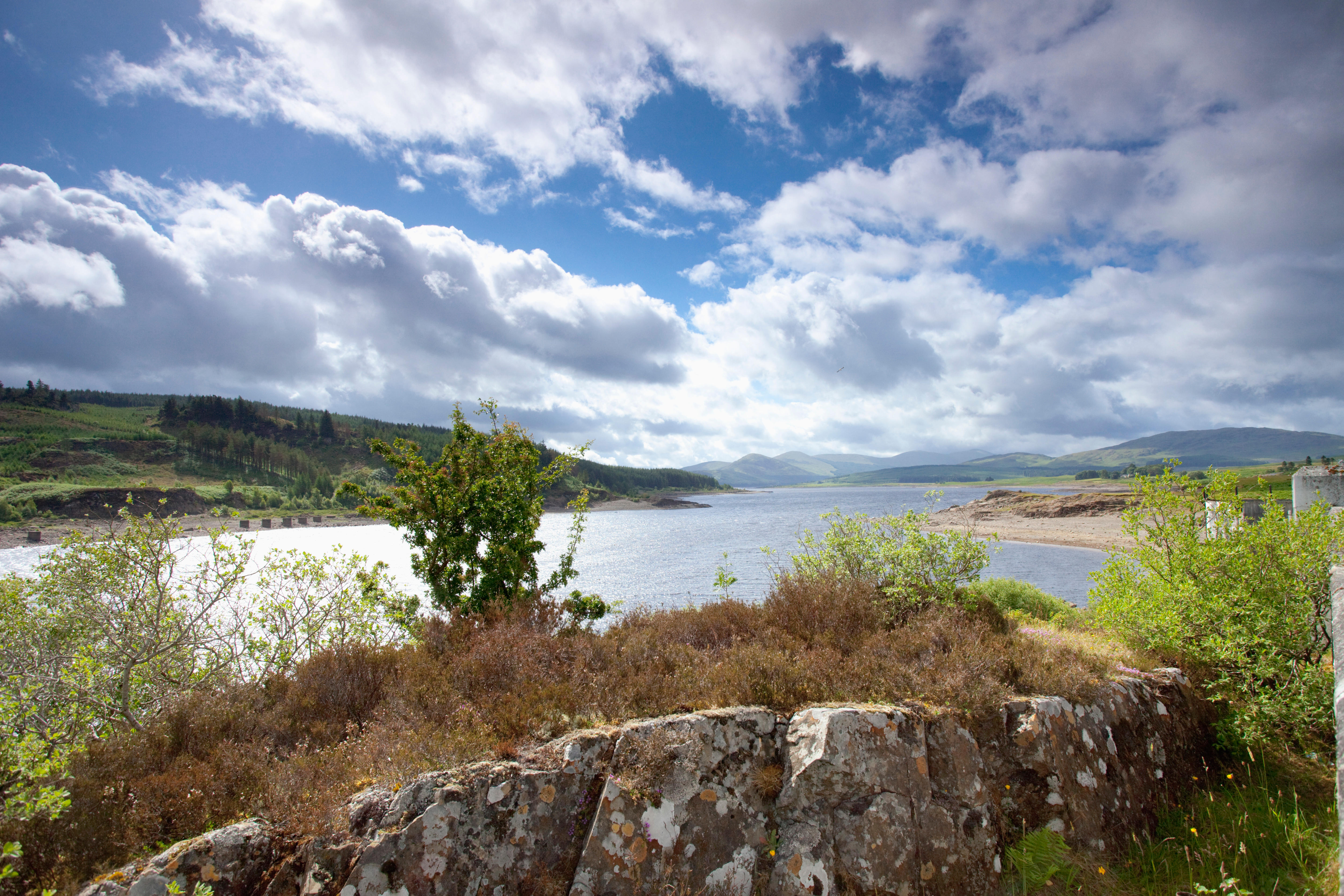

Birds spotted for the first time at open-cast Scottish mine after years of returning the site to nature
At the end of last week Britain recorded its first two weeks without using coal to generate electricity since the 1880s. And this morning we take a look at proof that as people move away from coal, nature can move back in – as demonstrated by the flourishing of an open-cast mine in Scotland.
Dubbed 'Scotland's Grand Canyon', the mine at Powharnal in East Ayrshire fell into disuse when its previous owner Scottish Coal went bust in 2013. Now, after a major effort to return the site to nature, animals and birds are returning, according to a report in The Herald.
'The open cast mine was left in an incredibly degraded state,' said Francesca Osowska, chief executive of Scottish Natural Heritage, adding that it was essentially a case of 'green things sucking up the bad stuff'.
'Nothing would grow there without intervention. We have worked with the Scottish Mines Restoration Trust to turn that around. Hopefully it will be somewhere that people can enjoy.'
It's a positive start but work is far from over at Powharnal before it's completely restored to nature. One day, however, the hope is that this former working mine in a beautiful part of the country will become a tourist spot.
We're not entirely sure if this really is Her Majesty's official Twitter account...
...but it made us laugh out loud anyway.
Sign up for the Country Life Newsletter
Exquisite houses, the beauty of Nature, and how to get the most from your life, straight to your inbox.
D-Day landmarks to be listed by Historic England for 75th anniversary
Six replica landing craft installations, nine sunken tanks, two armoured bulldozers and several Mulberry harbours in Dorset, Devon and West Sussex will be listed to mark three quarters of a century since 'Operation Overlord', otherwise known as D-Day, on the 6th June, 1944.
Also protected are seven Valentine tanks which sank in Poole Bay, two Centaur cruiser tanks, a 4X4 vehicle and a jeep that sunk off the coast of West Sussex.
The largest combined land, air and naval operation in history, D-Day began the liberation of German-occupied France from Nazi control and paved the way for the Allied victory on the Western Front in May 1945.
‘Evidence of D-Day planning, rehearsal and the actual operation is all around us, on our coastline and in our waters,’ Duncan Wilson, chief executive of Historic England, told the BBC.
‘By listing the landing crafts, tanks, bulldozers and floating harbours we can ensure that future generations can learn about this important moment in our history,’ added Culture Secretary Jeremy Wright.
Long-lost chess piece set to fetch £1 million at auction

One of the Lewis Chessmen, kept in the back of a drawer for decades, will be the first ever to be sold at auction — and Sotheby's have put a £1m estimate on it.
The piece was bought for £5 by an Edinburgh antiques dealer in the 1960s and passed down through the family, who had no idea what it was. Its latest owner did, however, appreciate it, according to Sotheby's statement: 'From time to time she would remove the chess piece from the drawer in order to appreciate its uniqueness.'
The Lewis Chessmen are perhaps the most famous chess pieces in the world. These 12th-century artefacts, mostly carved from walrus ivory, were discovered in 1831 on the Isle of Lewis in the Outer Hebrides. They're one of the most complete medieval chess sets in existence, with 82 of the pieces in the British Museum and 11 more in the National Museum of Scotland in Edinburgh. This 'warder' piece is the first additional piece of the hoard to be discovered since its emergence in the 19th century.
Full story (The Times – subscription required)
Quote of the Day
'The better I get to know men, the more I find myself loving dogs'
– Charles De Gaulle
Chickens genetically modified to resist bird flu – could people be next?
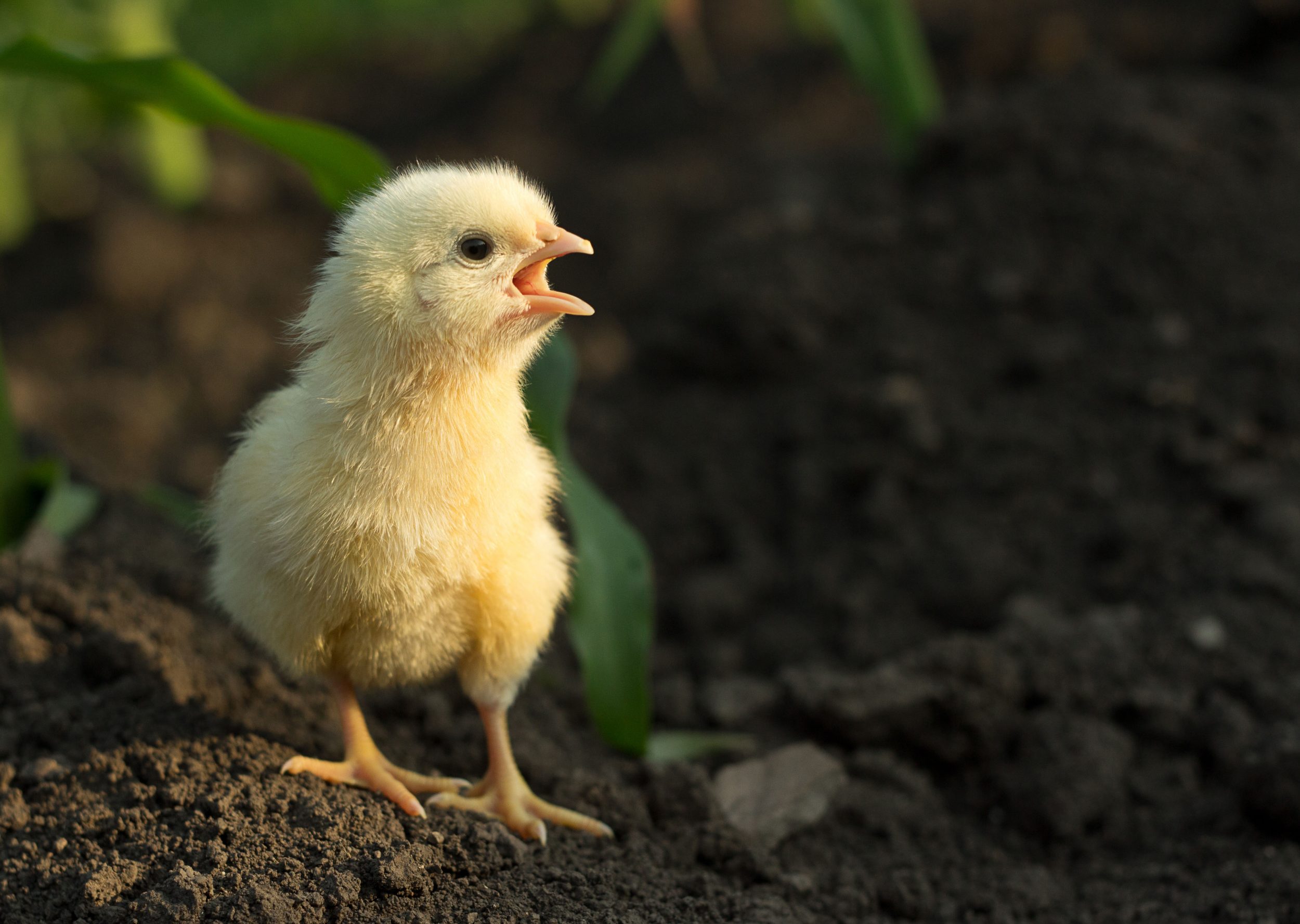
In news that's equal parts encouraging and disturbing (particularly in the light of this 'designer baby' story), a group of genetically-modified chicken cells have been created that are resistant to bird flu. Scientists at Imperial College London and the University of Edinburgh's Roslin Institute managed to edit a section of the chicken DNA in such a way as to prevent the bird flu virus from taking hold of cells and duplicating.
For the moment, this is just a proof of concept with cells rather than birds – though the researchers are hopeful that they can breed chicks with the same genetic modification, known as CRISPR.
The endgame isn't just about keeping birds healthy, important though that might be. The goal is rather larger: to try to avoid a serious existential threat to humans around the world, along the lines of the Spanish Flu outbreak a century ago which killed 50 million people. Wendy Barclay, professor and chair in influenza virology at Imperial, told Reuters that the aim of the research is 'to stop the next flu pandemic at its source'.
And finally... Apparently it's 'Hug Your Cat' day
Oh wow. Who makes these things up?
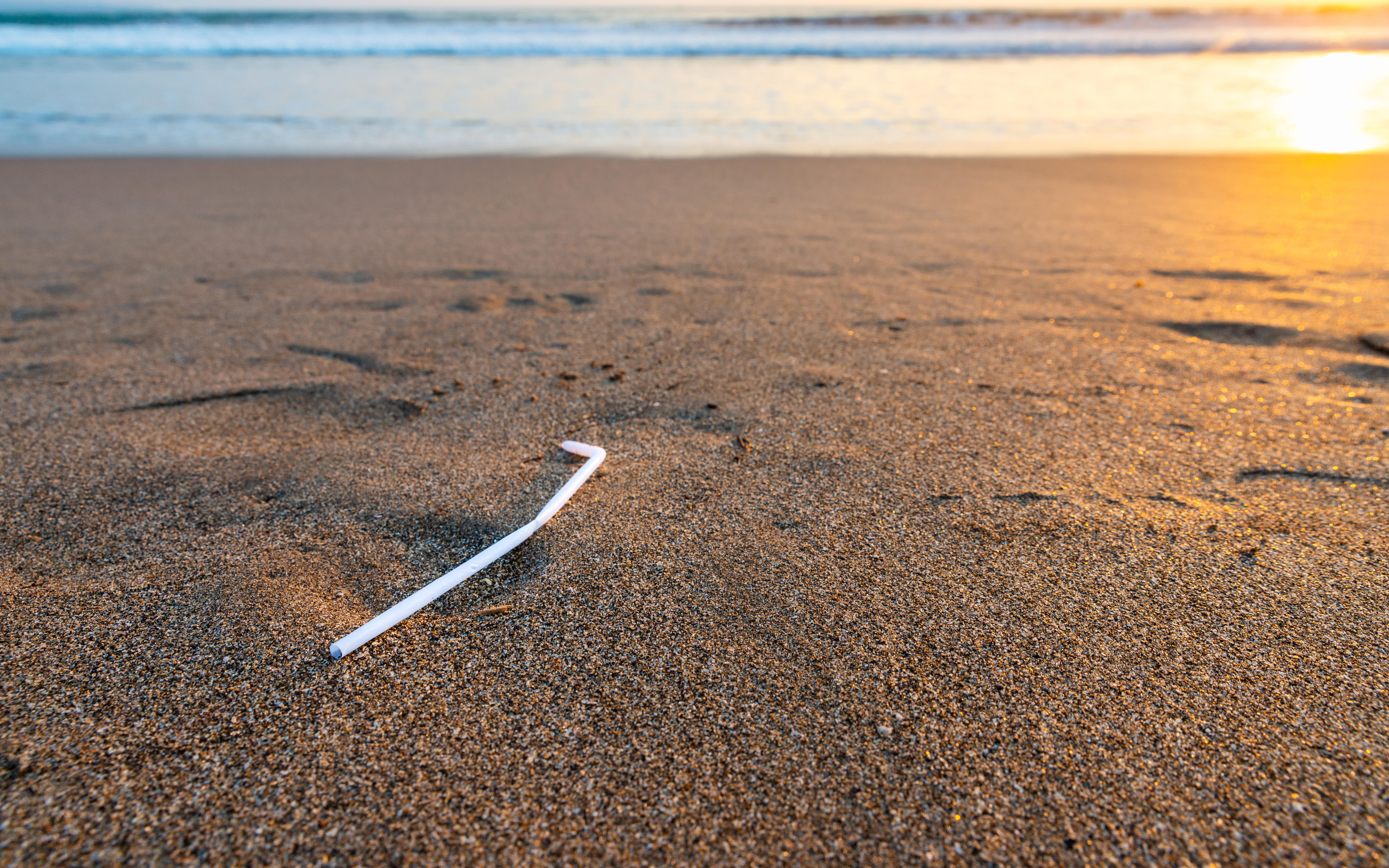
Country Life Today: The war on plastic takes aim at drinking straws
In today's news round-up, we look at the latest efforts to tackle plastic pollution; worrying update on what might happen
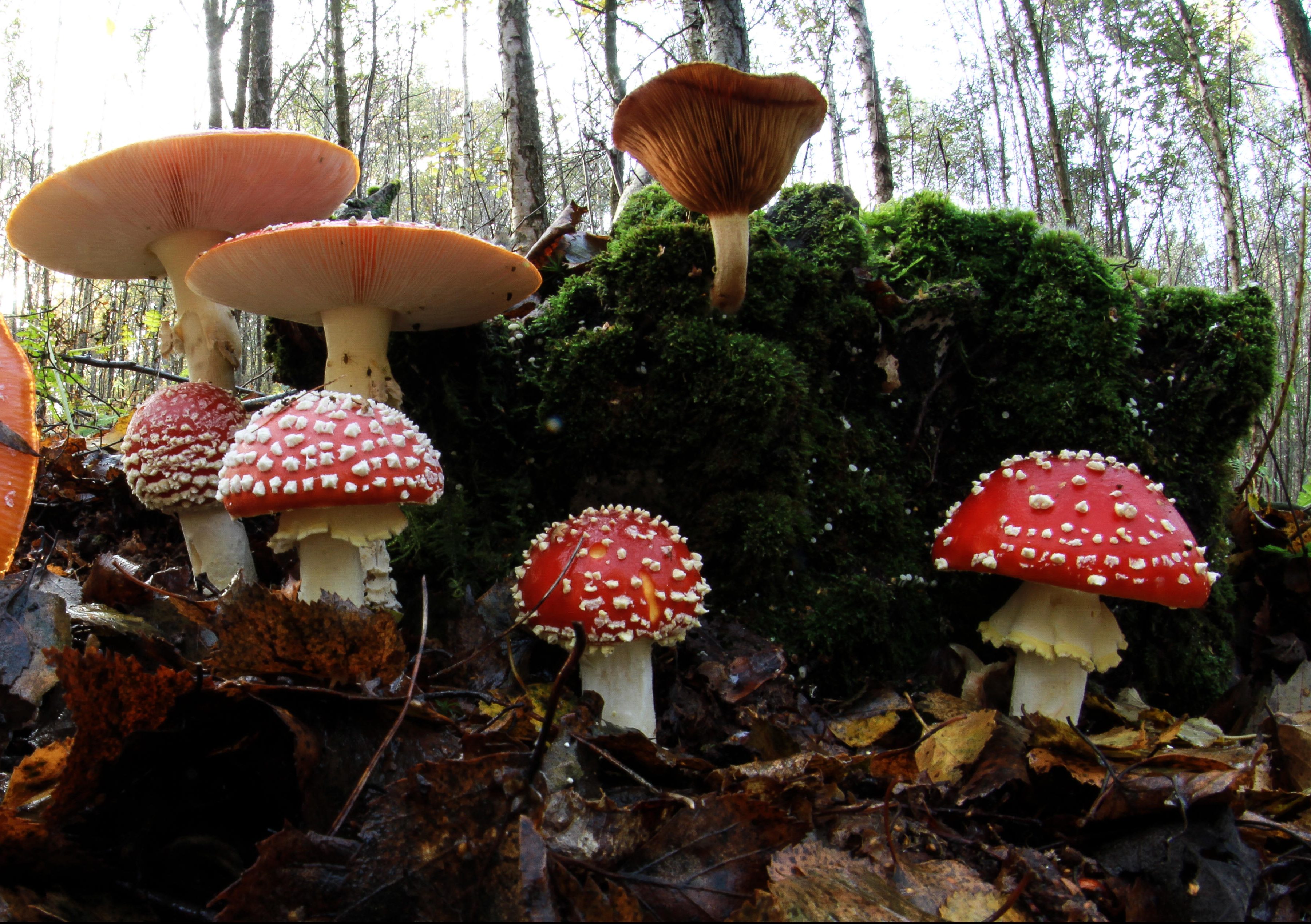
Country Life Today: The billion-year-old fungi that could rewrite the story of evolution
Fungi has been discovered that could change the story of how life evolved; an insider's guide to spotting seals; how
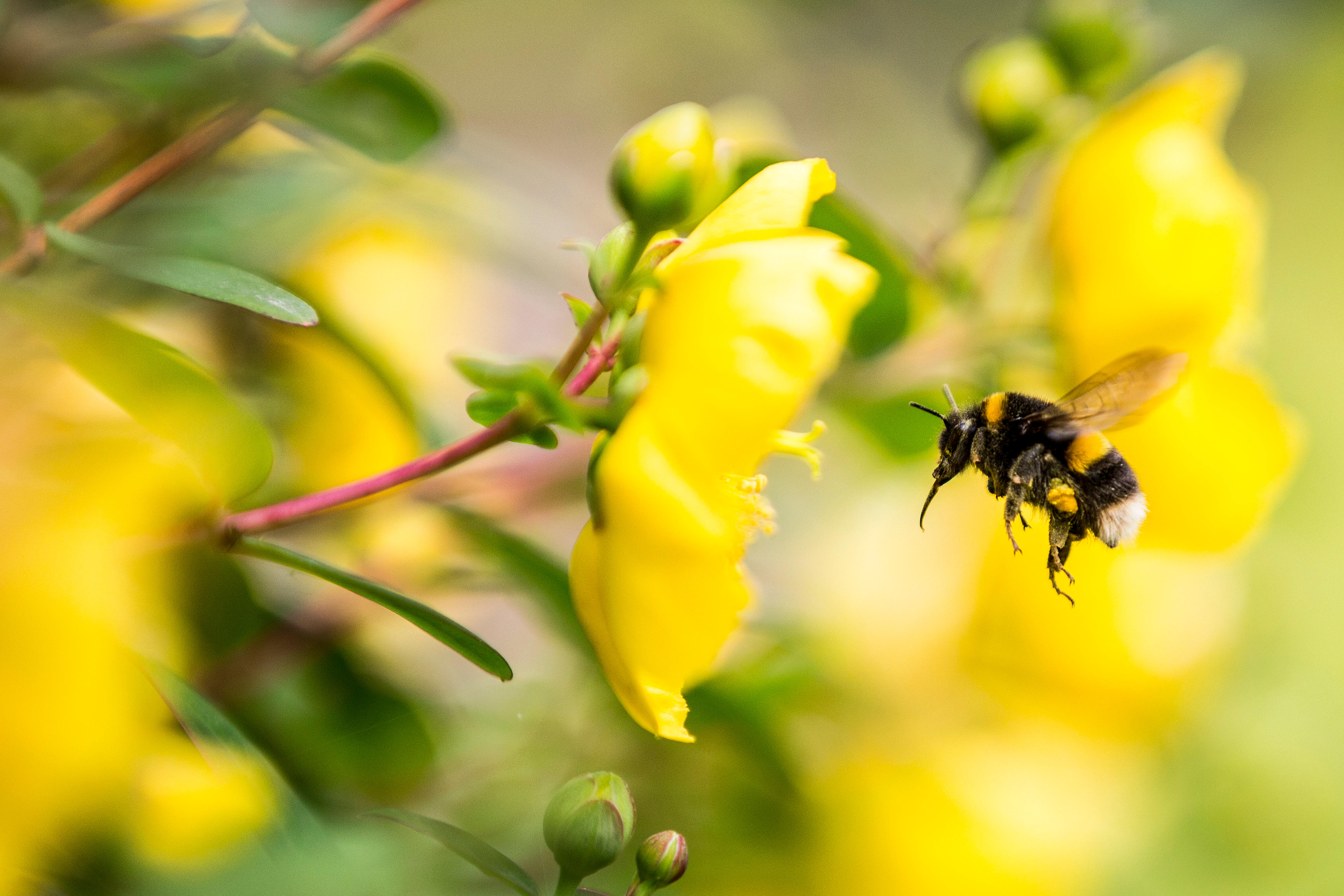
Country Life Today: Bumblebees still reeling after 'Beast from the East', and the eagle that broke the internet
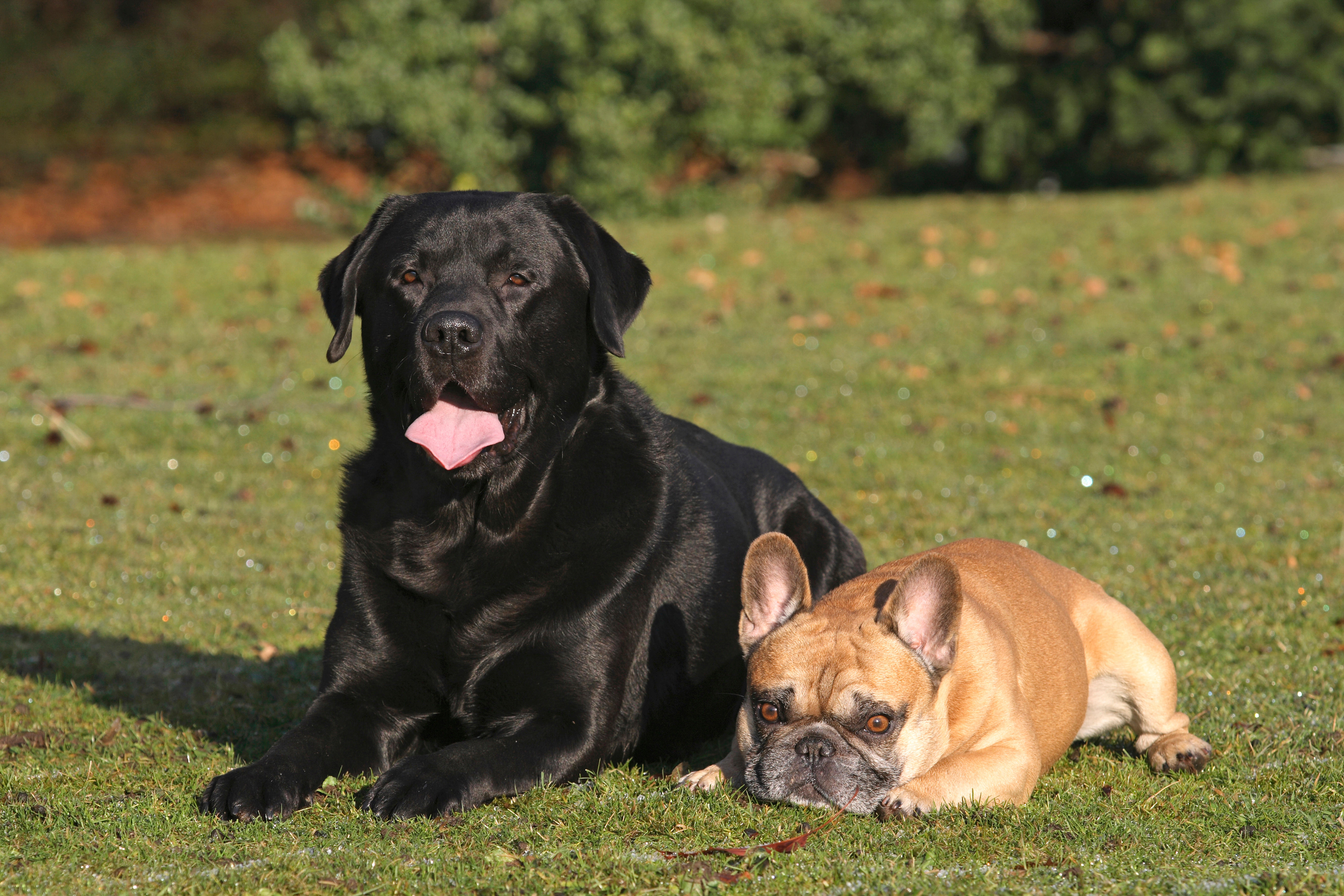
Country Life Today: Britain's most popular dog, how birdfeeders changed Britain and getting arrested for pebble-picking
The Kennel Club have released their latest stats on dog registration; the RHS are warning about a potential new garden
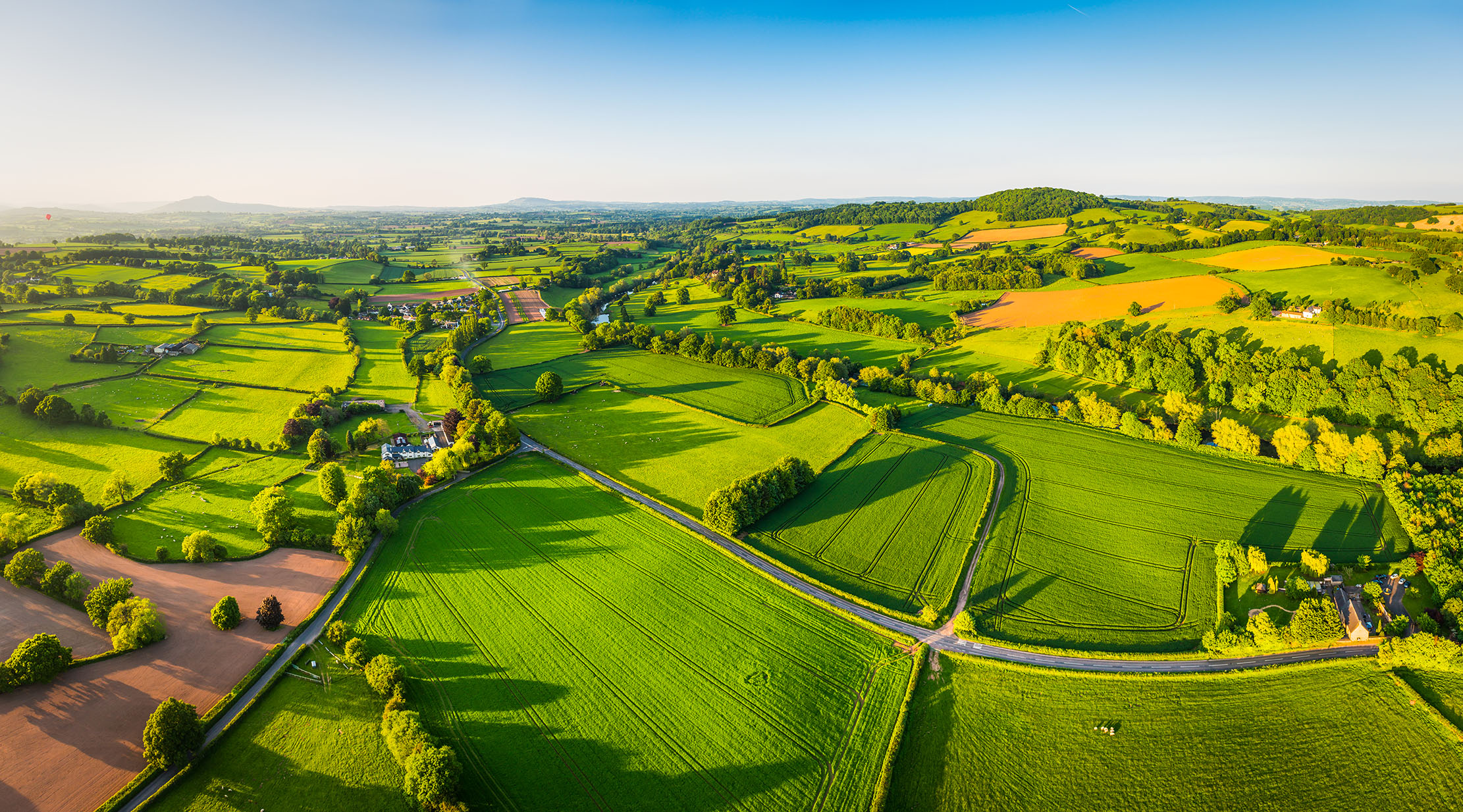
Country Life Today: The incredible difference buying British can make, a heroic rescue and the raccoon dogs invading England
Today we find out just how much better buying British can be; witness the heroics of the painter and decorator

Credit: Getty / EyeEm
Country Life Today: The coming of the Age of Man – the first epoch defined by Man's impact on the environment
The arrival of the Anthropocene as a proposed new global era; a call to re-wild deer-stalking fields in Scotland; how
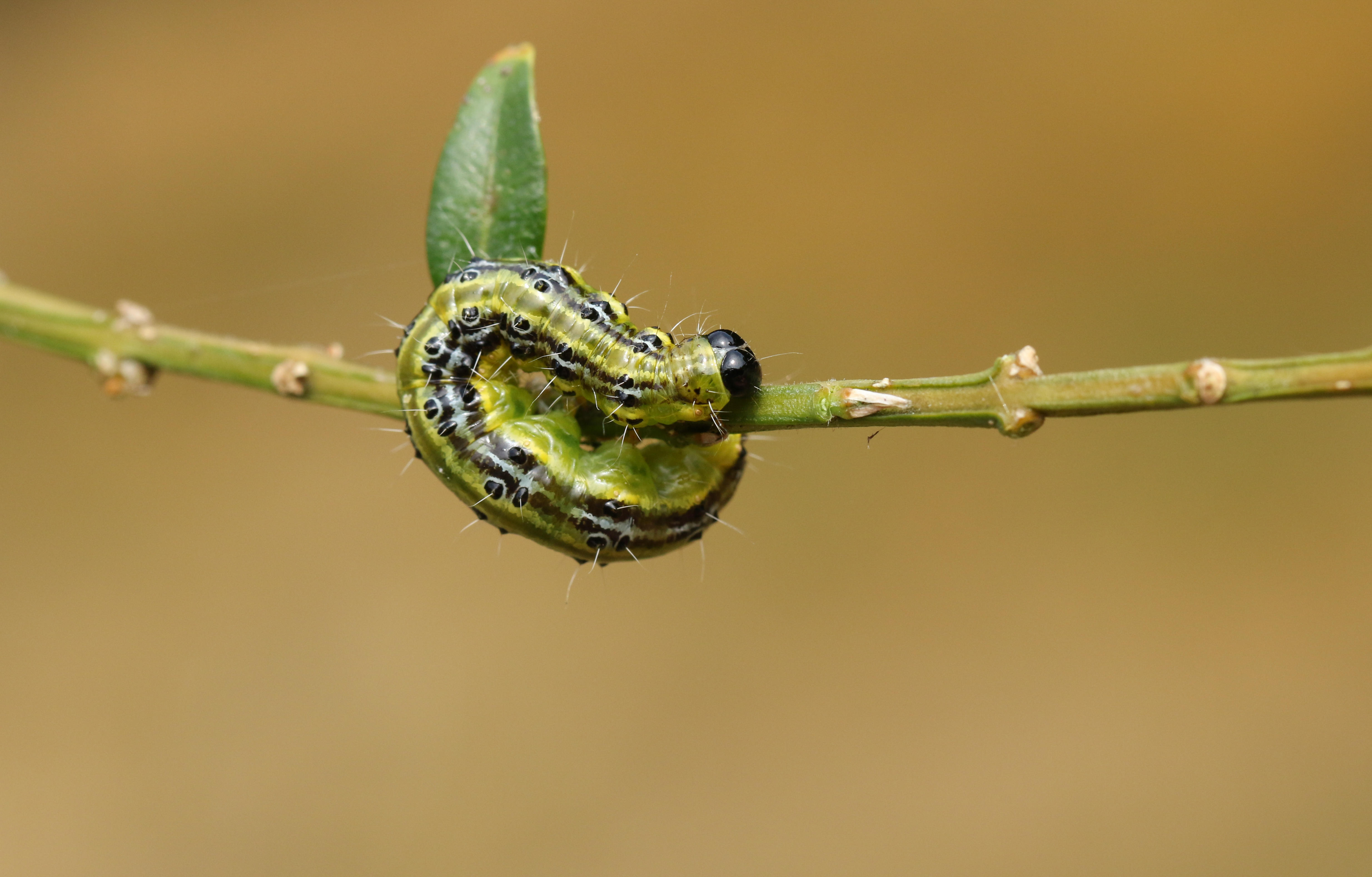
Country Life Today: Box caterpillars knock slugs off top spot in the RHS's list of pests — but is hope at hand?
This morning we report hope in the fight against box caterpillars, take a look at what really happens when wolves
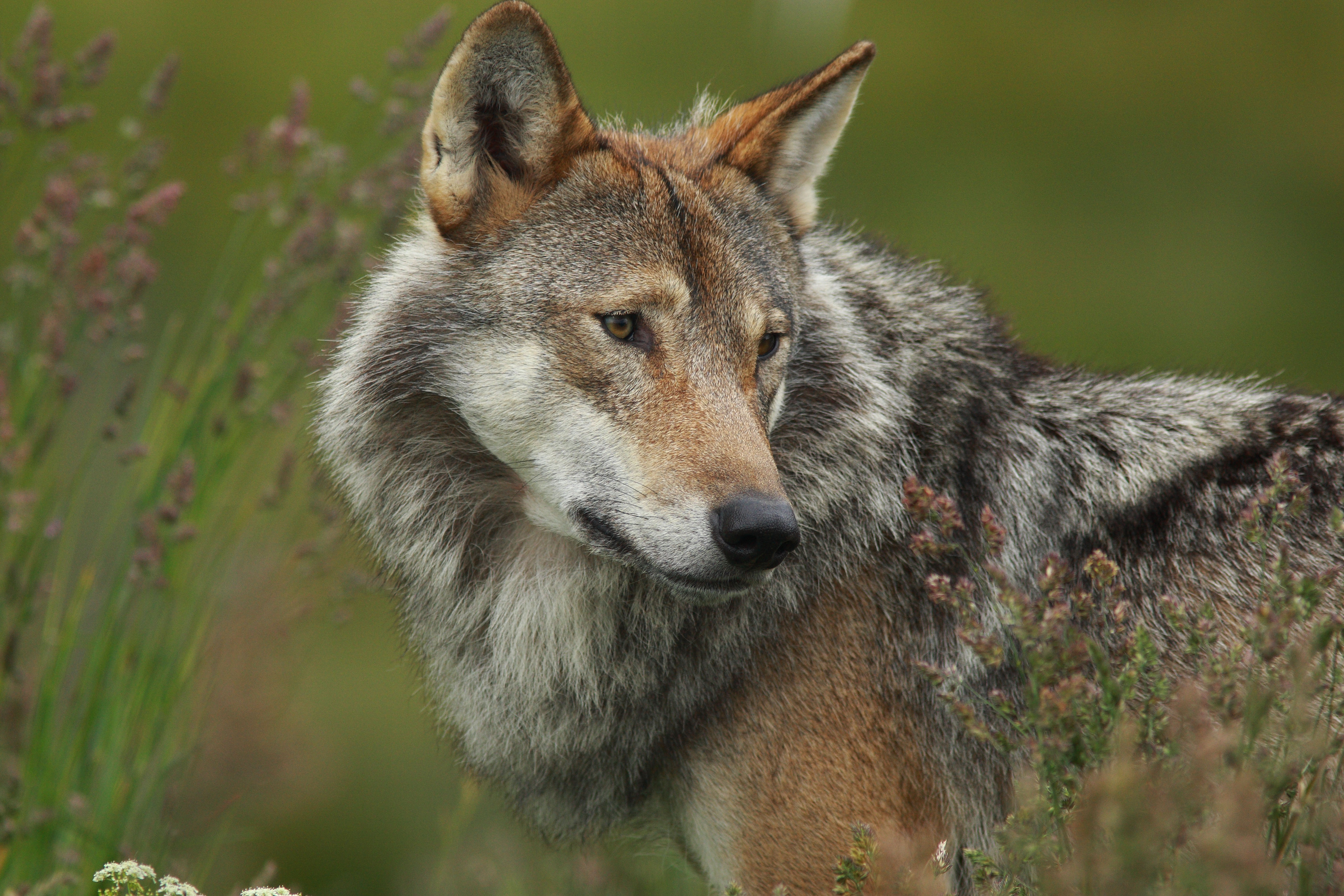
Country Life Today: How wolves could help farmers, the great Scottish tea mystery and why electric ice cream is coming soon to a van near you
Our morning news round-up looks at a new explanation of how wolves could help farmers; heeds a warning about unintended
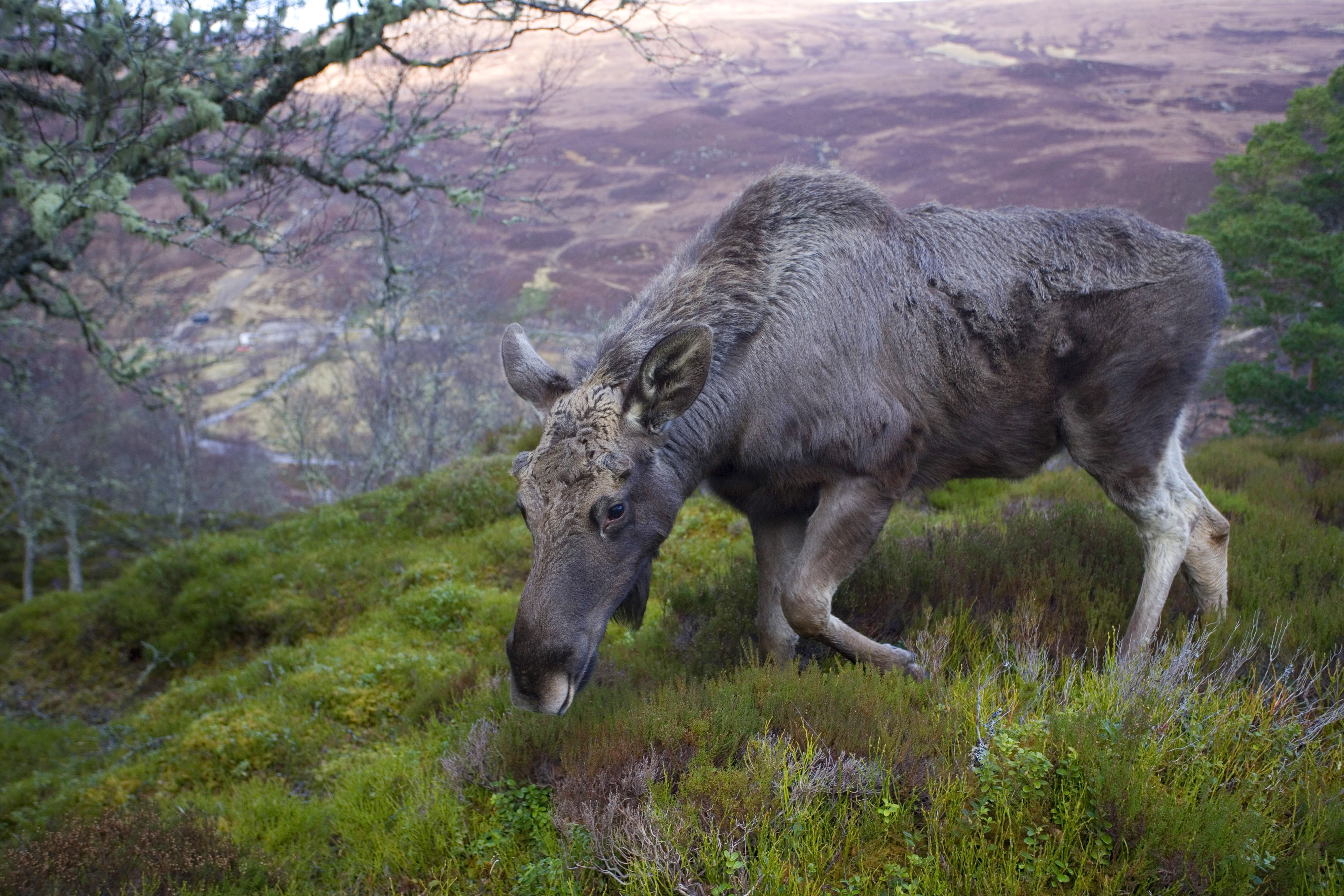
Country Life Today: How elk could save the Scottish countryside, a recent outbreak of disease in bee hives and the enduring appeal of a fixer-upper
-
 Helicopters, fridges and Gianni Agnelli: How the humble Fiat Panda became a desirable, design classic
Helicopters, fridges and Gianni Agnelli: How the humble Fiat Panda became a desirable, design classicGianni Agnelli's Fiat Panda 4x4 Trekking is currently for sale with RM Sotheby's.
By Simon Mills
-
 What's a 'wellness village' and will it tempt you back into the office?
What's a 'wellness village' and will it tempt you back into the office?The team behind London's first mixed-use ‘wellness village’ says it has the magic formula for tempting workers back into offices.
By Annunciata Elwes
-
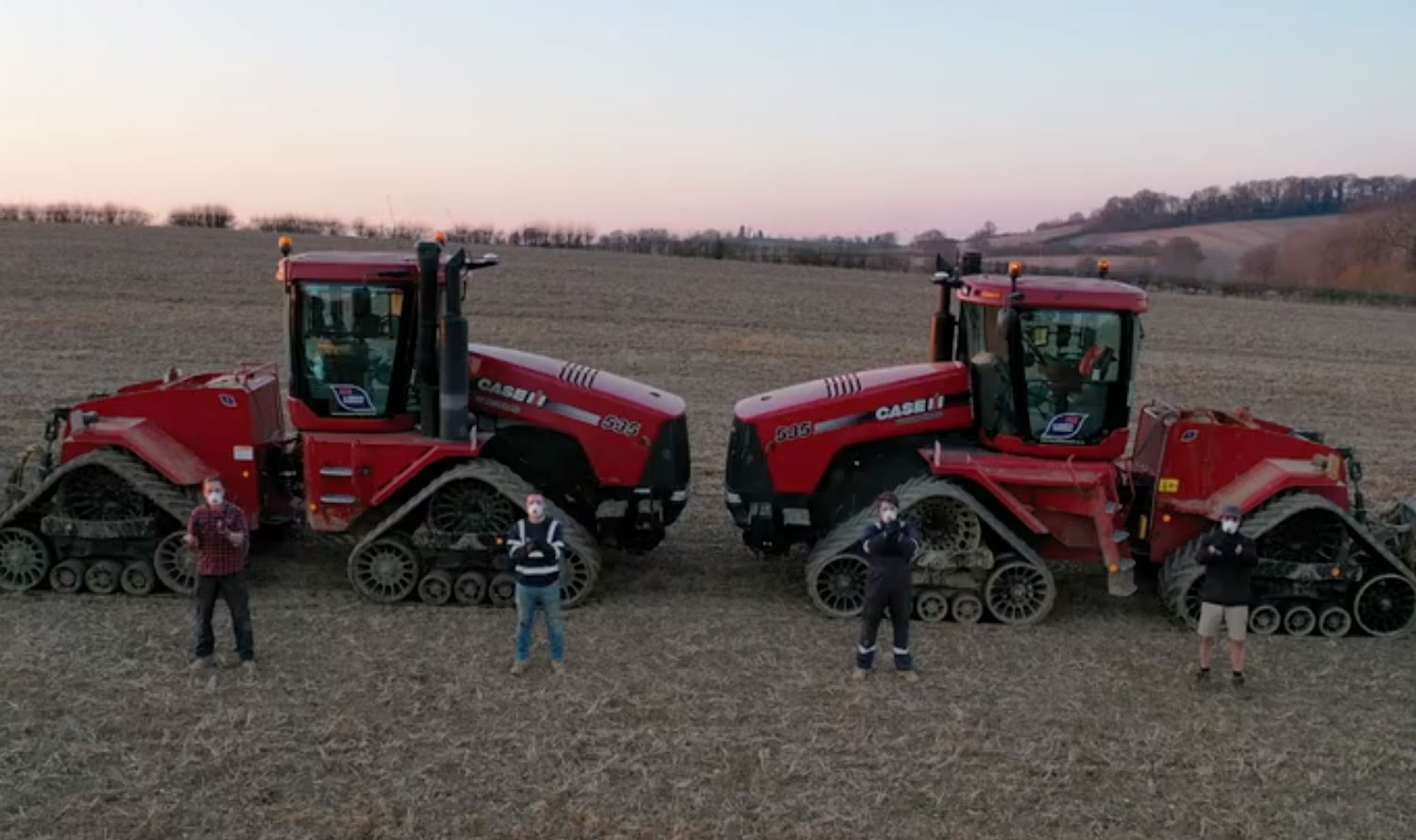 The brilliant tractor tribute to the NHS from a group of Warwickshire farmers
The brilliant tractor tribute to the NHS from a group of Warwickshire farmersPeople around Britain have been paying tribute to the efforts of our NHS workers at the time of the coronavirus pandemic — but few have been as creative and clever as this one.
By Toby Keel
-
 London's iconic red bus at risk and 6,000 year old chewing gum gives clues into our DNA history
London's iconic red bus at risk and 6,000 year old chewing gum gives clues into our DNA historyCuts to industry subsidies and an increase in fares has left bus use at its lowest point ever, while DNA extracted from ancient 'chewing gum' allows scientists to decipher the genetic code of a Stone Age woman.
By Alexandra Fraser
-
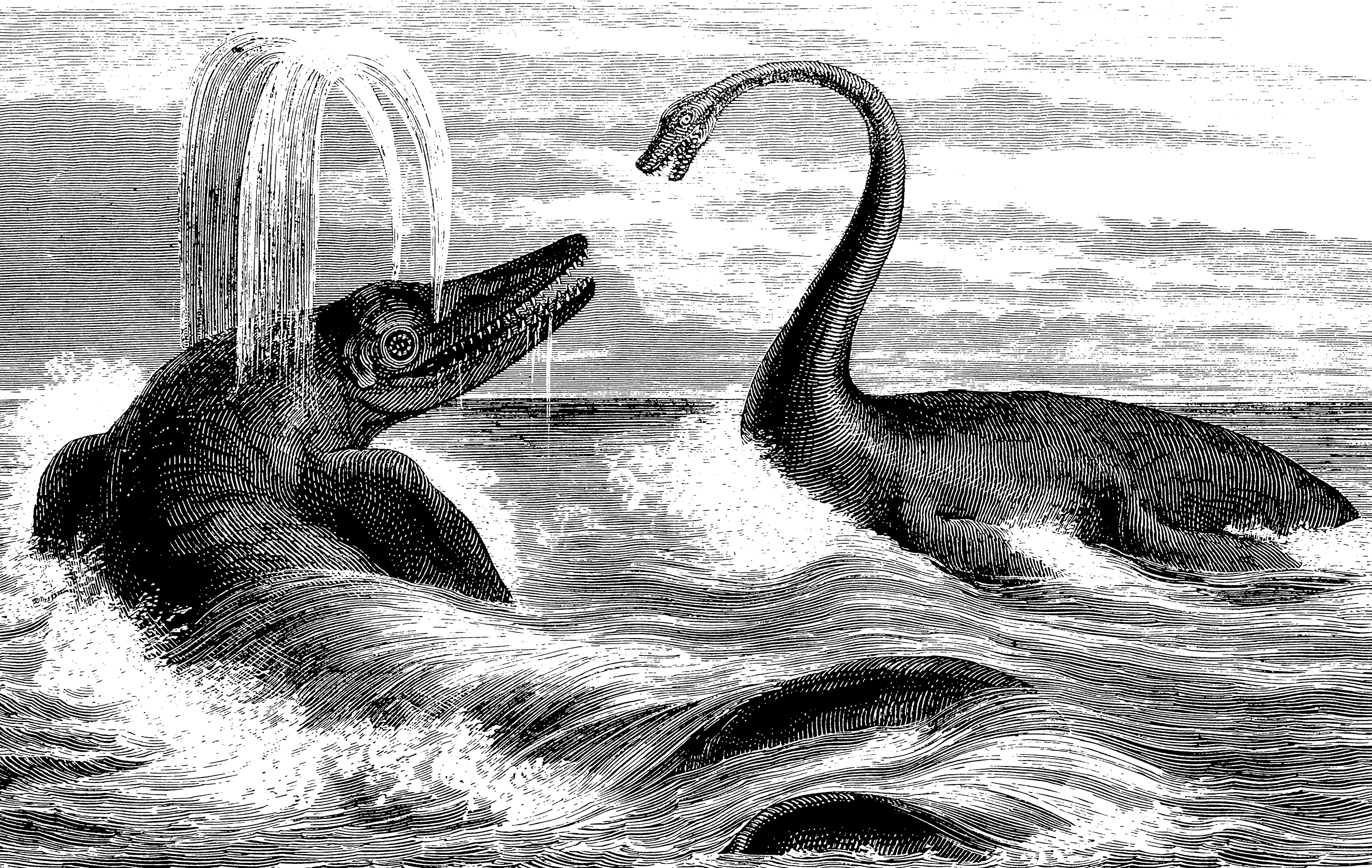 90-million-year-old 'swimming dinosaur' skeleton found by dogs out walking in Somerset, and the nonchalant moths who don't bother fleeing enemies
90-million-year-old 'swimming dinosaur' skeleton found by dogs out walking in Somerset, and the nonchalant moths who don't bother fleeing enemiesA superbly intact dinosaur skeleton — described as being 'museum quality' — has been discovered on a beach in Somerset.
By Toby Keel
-
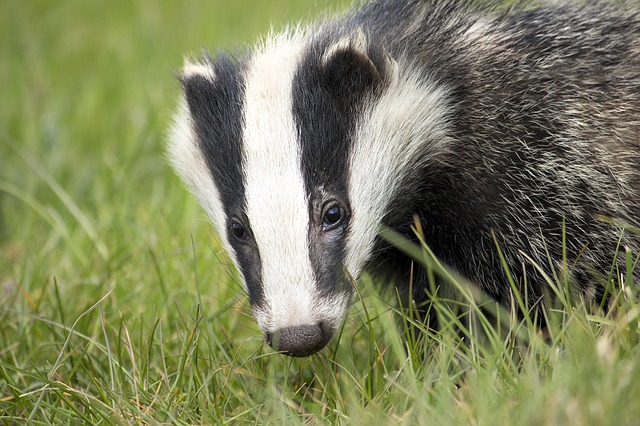 Battle to ban 4x4s from the idyllic Lake District spot bequeathed by Beatrix Potter, eagle fights octopus and the 'snail's pace' climate talks
Battle to ban 4x4s from the idyllic Lake District spot bequeathed by Beatrix Potter, eagle fights octopus and the 'snail's pace' climate talksThis morning we look at Little Langdale's fight for peace, reflect on the climate change talks in Madrid and discover the soundtrack for Brexit.
By Toby Keel
-
 Country Life Today: How Greta Thunberg shifted the dial on climate change — and the backlash shows just how much
Country Life Today: How Greta Thunberg shifted the dial on climate change — and the backlash shows just how muchThis morning we ponder whether Greta Thunberg is the Joan of Arc for the environmental movement, look at a key election — one from 19 years ago — and ponder the marvel of 'dad tidying'.
By Toby Keel
-
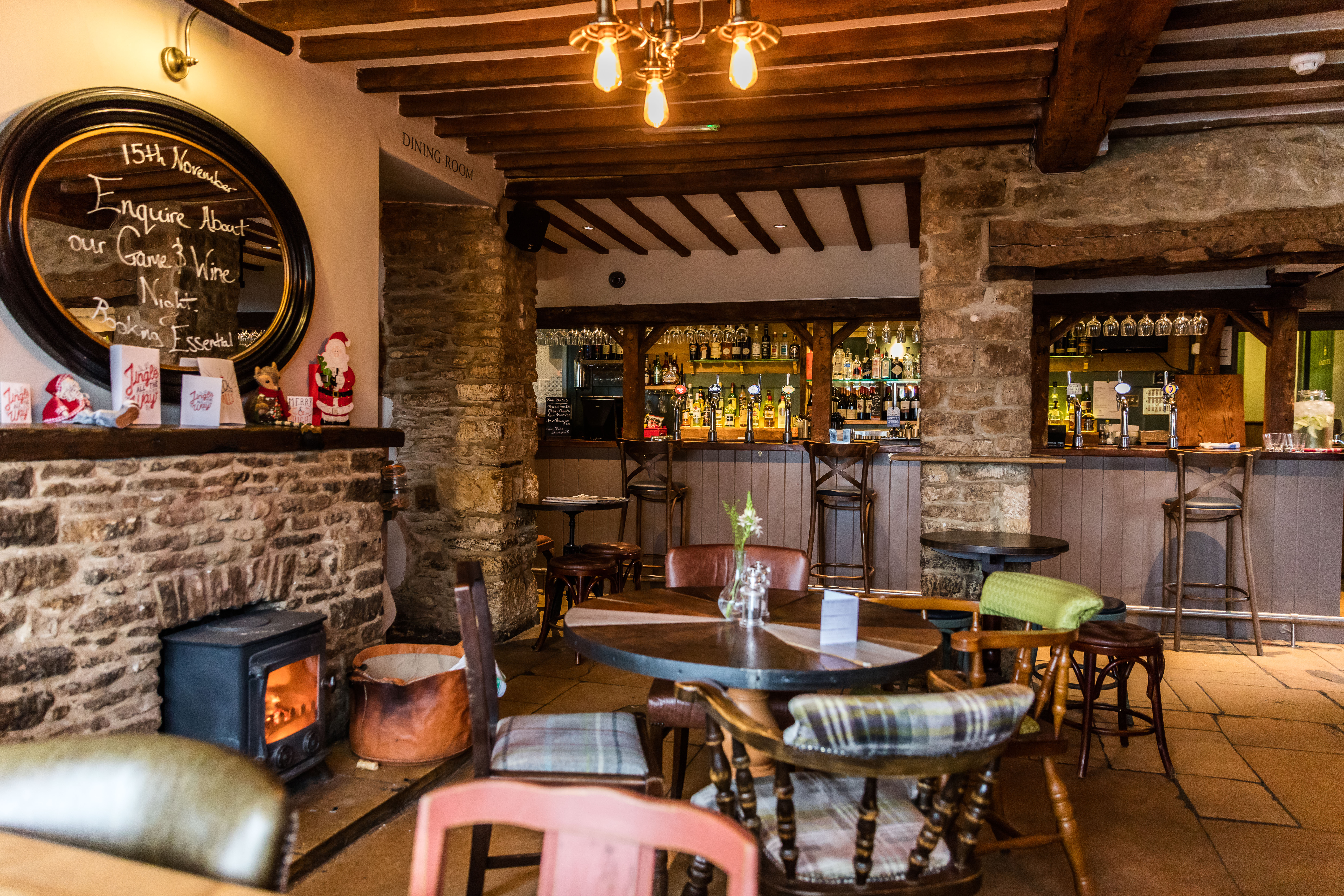 Country Life Today: Great news for those who love our great country pubs — the years of decline are over
Country Life Today: Great news for those who love our great country pubs — the years of decline are overThere is a great sign of health in the pub industry, we look back at Edward VIII's abdication message and fret about Greenland's melting ice.
By Toby Keel
-
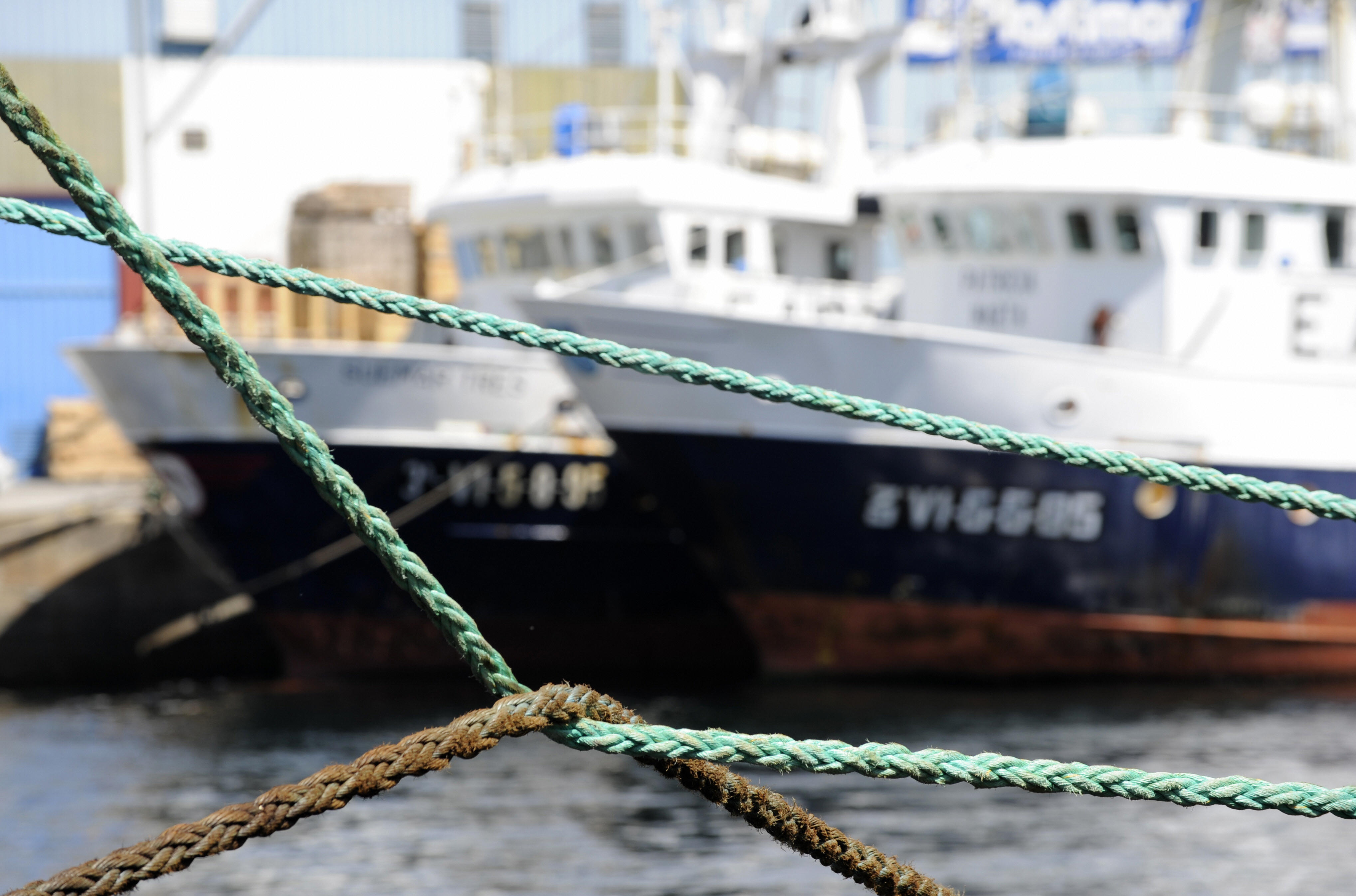 Country Life Today: Spain accused of being 'a deplorable choice' for UN climate conference
Country Life Today: Spain accused of being 'a deplorable choice' for UN climate conferenceA no-holds-barred assault on the Spanish fishing industry, Banksy raising awareness of the homeless and the woes of the Christmas jumper are in today's news round-up.
By Carla Passino
-
 Country Life Today: 'This is perhaps the ultimate wake-up call from the uncontrolled experiment humanity is unleashing on the world’s oceans'
Country Life Today: 'This is perhaps the ultimate wake-up call from the uncontrolled experiment humanity is unleashing on the world’s oceans'In today's round up, we examine why oxygen loss is putting oceans at risk, discover that action to cut air pollution brings almost immediate benefits to human health and find out which bird's arrival marks the start of winter in Gloucestershire.
By Carla Passino